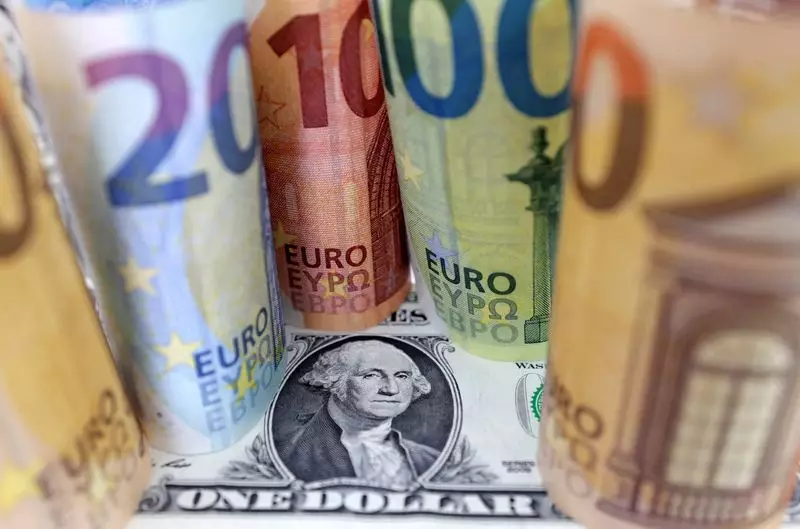Finance leaders of the Group of Seven (G7) advanced nations met recently in Stresa, Italy, and reaffirmed their commitment to warning against excessively volatile currency moves. This language is seen as a signal to Japan that they have the green light to intervene in the market to prevent rapid falls in the yen. However, despite this agreement, there are still concerns about the potential impact of Japan’s actions on the global economy.
The G7 ministers stated in a recent meeting that they reaffirm their exchange rate commitments that were made back in May 2017. This reaffirmation was seen as Japan’s call on the group to reiterate the importance of currency market stability. The G7 has historically been against excessive volatility and disorderly currency moves, and they allow countries to take action in the market when exchange rates become too erratic. This has been a point of contention for Japan, as they argue that this agreement gives them the freedom to intervene in the currency market to counteract extreme yen movements.
Japan’s top currency diplomat, Masato Kanda, made it clear that Tokyo was prepared to step in and counter speculative yen moves that could negatively impact the economy. Despite this readiness, there are concerns about the effectiveness of these interventions. The yen has continued to weaken against the dollar, standing at 156.98 to the dollar on a recent Friday.
There is uncertainty about whether the G7 countries will tolerate further interventions by Japan in the exchange-rate market. U.S. Treasury Secretary Janet Yellen stated that currency interventions should not be a routine tool to address imbalances and should be used only rarely and in a well-communicated way. The finance leaders’ communique of May 2017 emphasized the adverse implications of excess volatility and disorderly movements in exchange rates. However, it also stressed the importance of market-determined exchange rates.
The yen has experienced an 11% decline against the dollar this year, primarily due to expectations that the U.S. Federal Reserve will not rush to cut interest rates. This has created a significant gap between U.S. rates and Japan’s ultra-low rates. The weak yen has become a concern for policymakers as it affects consumption by inflating the cost of raw material imports. Despite Japan’s attempts to intervene, the currency has remained stubbornly weak.
The G7’s reaffirmation of their exchange rate commitments is a signal to Japan that they have the support to intervene in the currency market. However, there are concerns about the effectiveness of such interventions and their potential impact on the global economy. It remains to be seen how Japan will proceed with its currency policies in the face of continued pressure on the yen.

